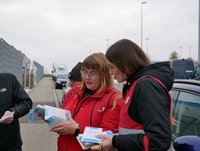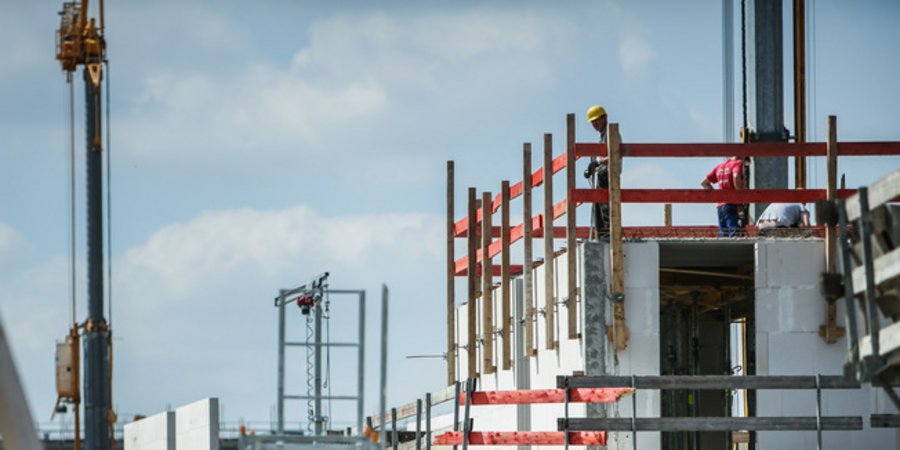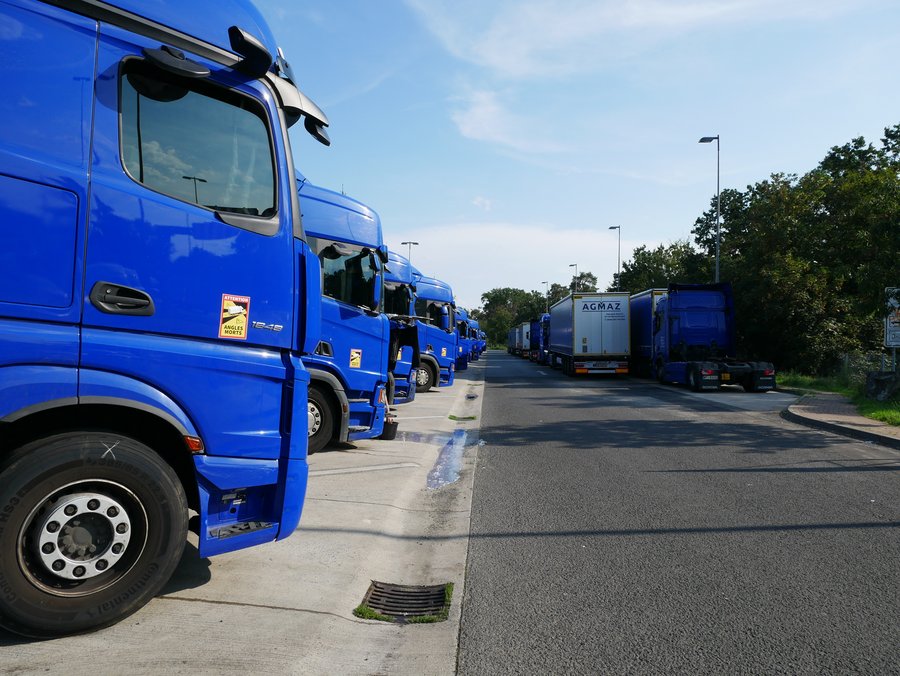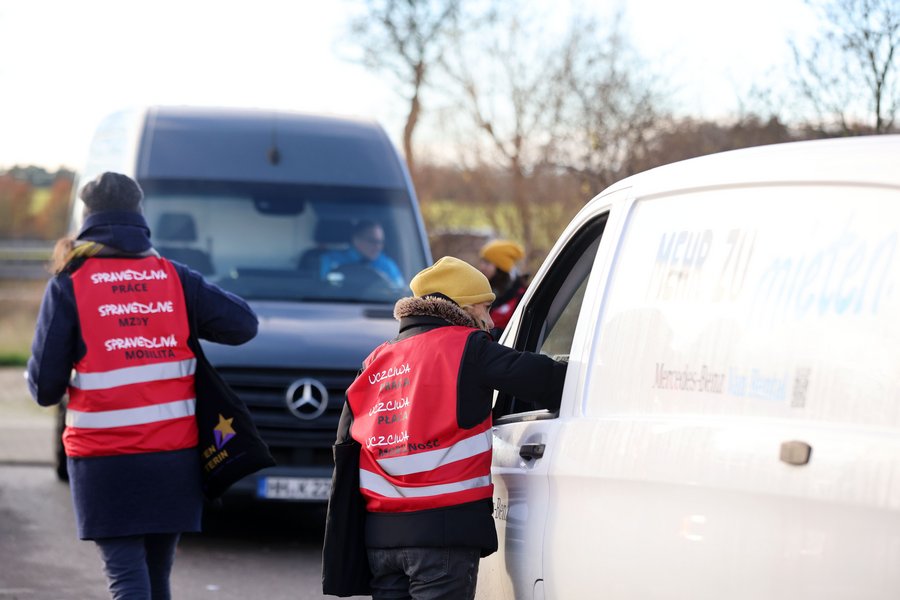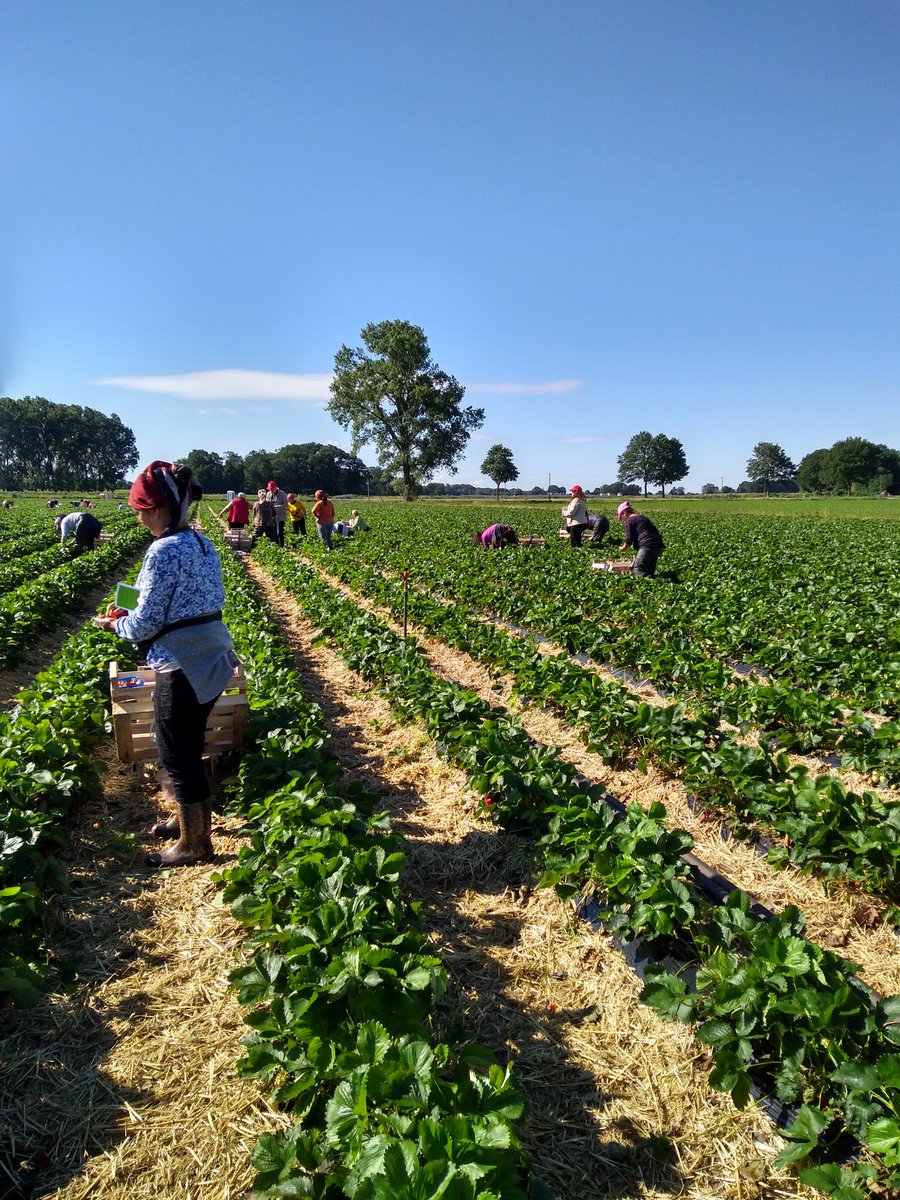Who are we and what do we do?
Fair Mobility (Faire Mobilität) is the advisory network of the German Trade Union Confederation (DGB) with 12 locations nationwide. We inform, advise and support employees from Central and Eastern Europe in their first language about their labour rights in Germany.
Frequent topics and problems
Here you will find important information about your rights at work
Important addresses in other countries
We also work together with our partner network abroad and can advise you.
Consultancy request
Write us an email or give us a call to arrange an appointment.

We call on employers to once again fulfil their social responsibility ...
... and, incidentally, the actual constitutional mandate: to agree on labour and economic conditions together with us. We will continue to put pressure on the political players in the federal states and the federal government to work in favour of more collective bargaining coverage - including through new legal regulations.

